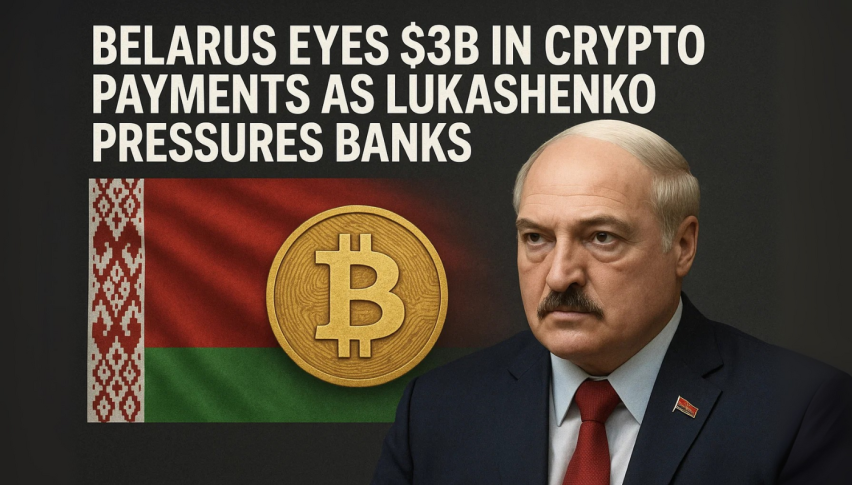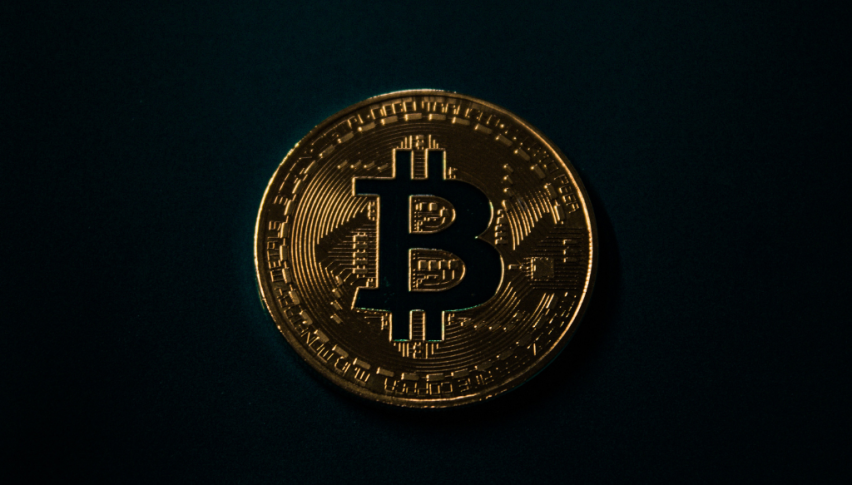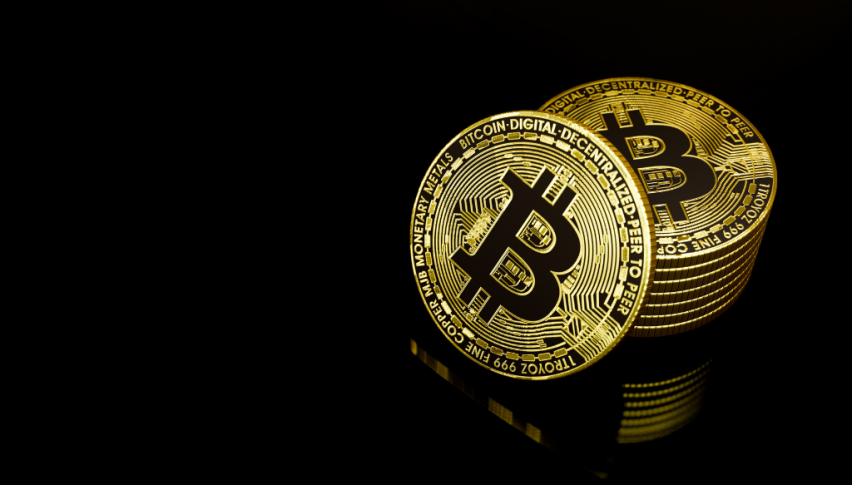Belarus Eyes $3B in Crypto Payments as Lukashenko Pressures Banks
Belarusian President Alexander Lukashenko has officially pushed the country's banks to extend their usage of cryptocurrency...

Quick overview
- Belarusian President Alexander Lukashenko has urged banks to expand cryptocurrency usage due to the economic impact of sanctions.
- He directed financial institutions to facilitate digital token operations for businesses, projecting external payments through exchanges could reach $3 billion by December.
- Lukashenko emphasized the need for transparency and regulation in the cryptocurrency market while promoting the development of digital payment systems and biometric technologies.
- The European Union has imposed extensive sanctions on Belarus, targeting officials and entities linked to the regime amid ongoing human rights concerns.
Belarusian President Alexander Lukashenko has officially pushed the country’s banks to extend their usage of cryptocurrency, acknowledging that sanctions have had a huge impact on the economy.
Lukashenko informed the chiefs of Belarus’ central and commercial banks at a meeting on Tuesday that the use of digital tokens should be extended.
JUST IN: 🇧🇾 Belarus President Alexander Lukashenko urges banks to expand crypto use amid sanctions.
Belarus is getting prepared 🚀 pic.twitter.com/WMDhphDAj5
— Bitcoin Magazine (@BitcoinMagazine) September 10, 2025
Over the last five years, the national economy, and thus the Belarusian financial industry, have encountered unprecedented problems,” Lukashenko stated. Belarusian firms, like Russian industries, have had to deal with increasing limitations on foreign commerce. Lukashenko directed the National Bank and other financial institutions to help enterprises conduct this type of operation “in every way.”
The government and the National Bank have received comparable orders.” the Belarusian strongmen urged: “Act now.”
Payments through Belarusian cryptocurrency exchanges could exceed $3 billion.
According to online data source Statista, the overall number of cryptocurrency users in Belarus is estimated to exceed 855,000 by 2026, out of a population of 9.1 million, with user penetration increasing to 9.57%.
Lukashenko states that all of the country’s exchanges, including Binance, OKX, and KuCoin, are on course to double their foreign payments by the end of the year.
External payments made through exchanges totaled $1.7 billion in the first seven months of the year, with projections indicating that volumes could reach $3 billion by December, according to President Lukashenko.
According to a rough translation of an official transcript, he also mentioned tokenization for the banking industry, claiming that it might help reduce the role of middlemen, automate transactions through smart contracts, and improve user control over assets.
A market of this size necessitates openness, efficient regulation, and fair supervision, Lukashenko pointed out.
In September of last year, Lukashenko enacted legislation prohibiting individuals from buying and trading cryptocurrency other than Belarusian exchanges.
Lukashenko Calls for National Digital Payment Infrastructure
Lukashenko instructed banking officials to expand the adoption of digital payment systems after “starting with QR codes,”. He also ordered to develop an immediate payment system by the end of the year.
VTB Bank Belarus, a Russian majority state-owned bank, began giving payment options to its customers using QR codes linked directly to the online payment system ERIP.
Lukashenko stated that the country’s digital strategy should prioritize the use of biometric technologies, develop a dedicated IT firm to eliminate dependency on external service providers, and incorporate artificial intelligence-based solutions.
Disregarding sanctions
The campaign in Minsk comes as other Moscow-aligned countries face similar scrutiny, with stories showing how Russian firms have used Kyrgyzstan’s crypto industry to avoid sanctions.
The country’s cryptocurrency economy, which scarcely existed before 2022, has expanded swiftly as Russian firms continue to use it to avoid sanctions.
According to a research from blockchain intelligence firm TRM Labs, links can be traced back to the defunct Russian exchange Garantex, with Kyrgyz platforms appearing to operate as shell firms.
While a 2022 law promoted expansion, volumes are expected to reach $4.2 billion by mid-2024, mainly by Russian customers rather than locals.
The European Union has placed broad sanctions on Belarus since the disputed 2020 elections, claiming systemic repression and human rights violations under Lukashenko’s reign.
Measures currently apply to 310 people and 46 entities, including prominent officials, governmental institutions, and enterprises linked to the regime. These include travel bans, asset freezes, and fund-transfer restrictions, which were expanded in 2022 to target Belarus’ involvement in Russia’s war against Ukraine.
The sanctions, which have been renewed until February 2026, intend to reduce bloodshed, and liberate political detainees. The sanctions also intend to put pressure on the administration for serious negotiation.
- Check out our free forex signals
- Follow the top economic events on FX Leaders economic calendar
- Trade better, discover more Forex Trading Strategies
- Open a FREE Trading Account


